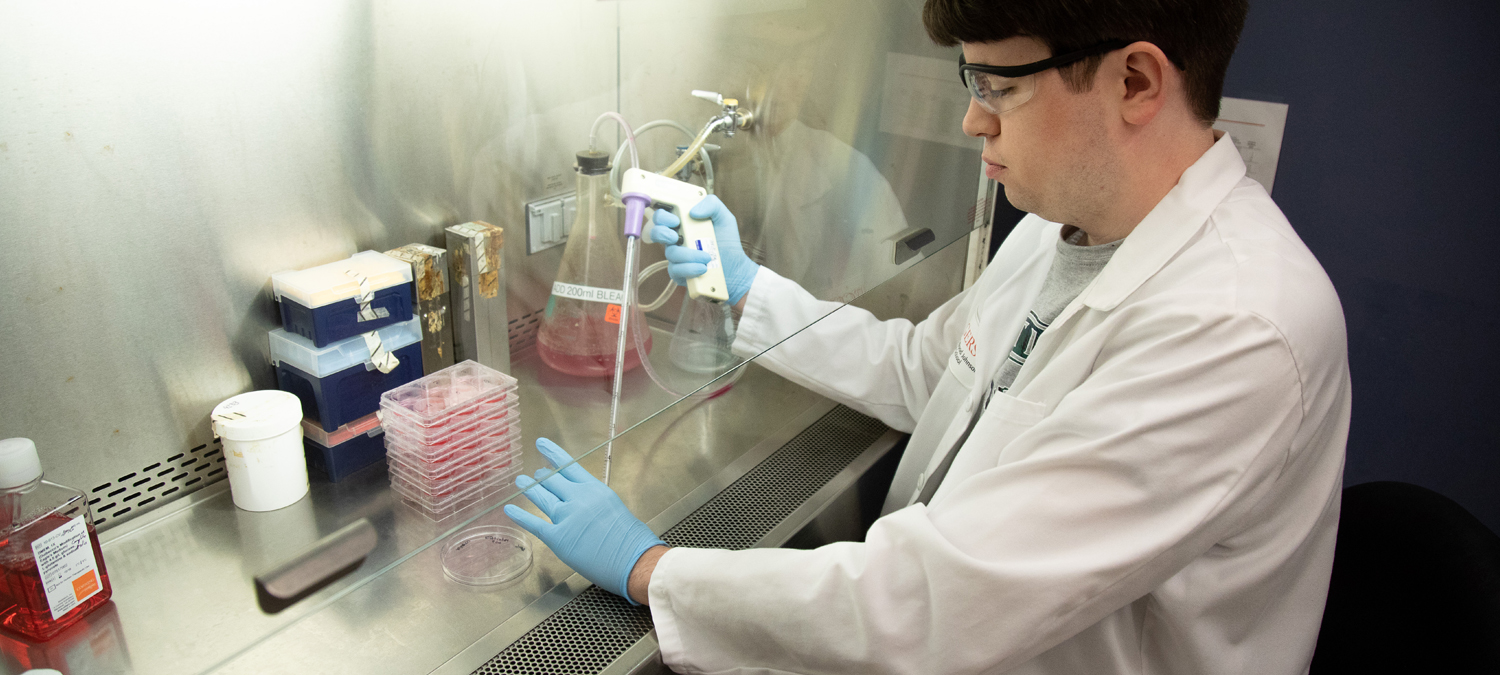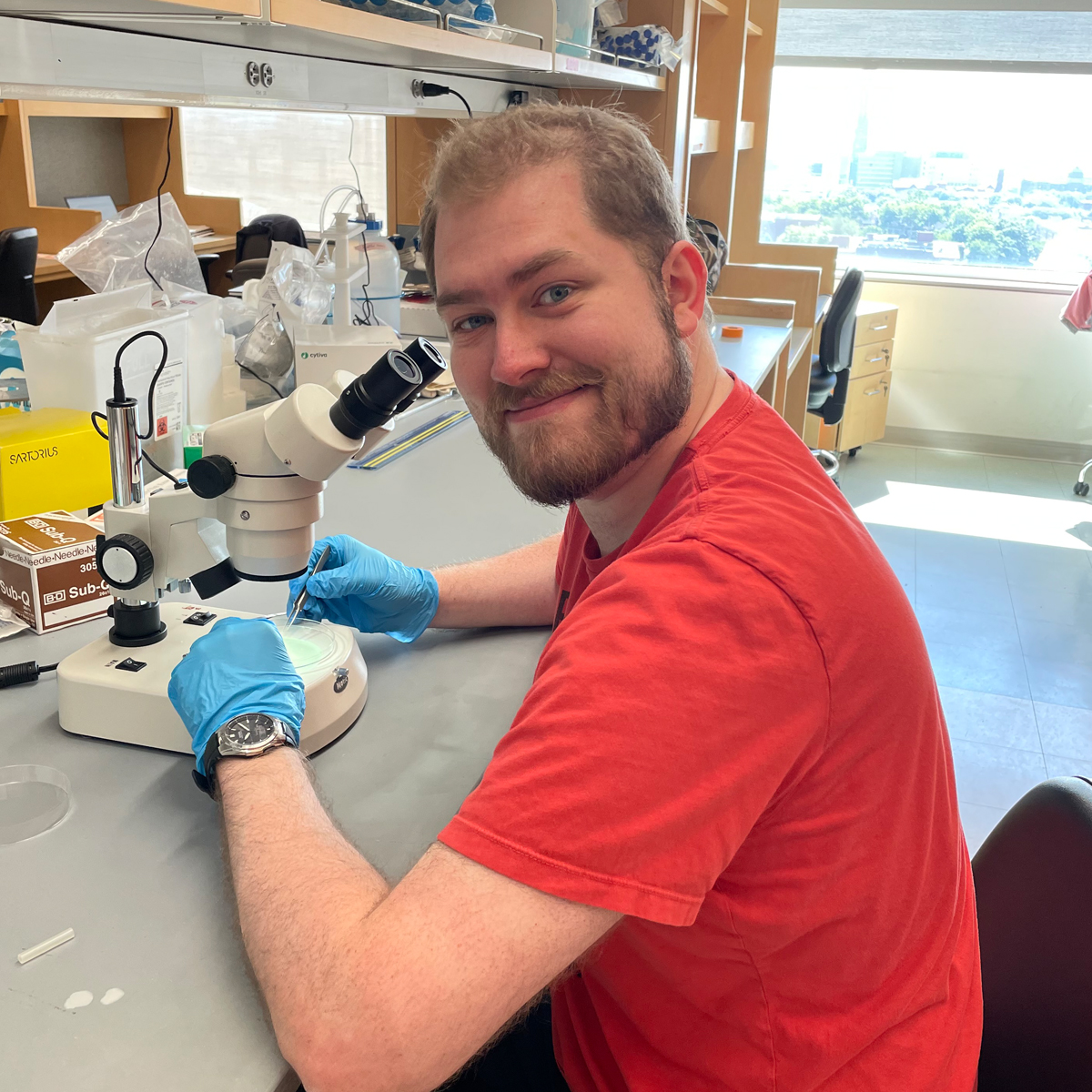Funding Opportunities
Access the NIH Guide for Grants and Contracts to stay informed about the latest funding opportunities, policy updates, and essential information for NIH-supported research.

Access a wide array of internal resources designed to support and enhance your research at Rutgers. From grant management and regulatory compliance to professional development and collaboration tools, we provide the support you need to drive impactful neuroscience research.
Explore a range of resources designed to support graduate students and post-docs at Rutgers, from neuroscience PhD programs and career development opportunities to funding resources and job boards.

Leverage these essential resources to connect with Rutgers neuroscience faculty, discover research partners, and explore funding opportunities to advance your work.

Explore a broader range of resources available to support your research journey, including funding opportunities, collaborative tools, and essential administrative support for successful project execution.
Access the NIH Guide for Grants and Contracts to stay informed about the latest funding opportunities, policy updates, and essential information for NIH-supported research.
Access essential tools and support systems for research at Rutgers, from grant submission and management resources to scientific rigor training and expert biostatistics services. These platforms and programs streamline research processes and ensure high-quality scientific outcomes.
The Rutgers Office of Research and Sponsored Programs (ORSP) offers comprehensive support for faculty and staff pursuing funding opportunities. From proposal submission to award setup, ORSP ensures compliance and facilitates grant-related agreements to advance research endeavors at Rutgers.
Navigate key offices and programs dedicated to ensuring research integrity and compliance at Rutgers. From overseeing regulatory affairs to managing risk and ethics, these resources support a culture of accountability and scientific excellence.
University Procurement Services supports Rutgers’ mission by ensuring a fair and compliant procurement process, providing exceptional service, and upholding the standards needed to advance education and research.
The Rutgers Office of Research Commercialization (ORC) translates groundbreaking research into impactful products, services, and partnerships, driving economic growth and delivering value to the university and the community.
Facilities Management at Rutgers is under the purview of the office of Institutional Planning and Operation (IP&O).
To submit a request, click the button below.
Explore the directory to find and connect with researchers and collaborators within the Brain Health Institute.